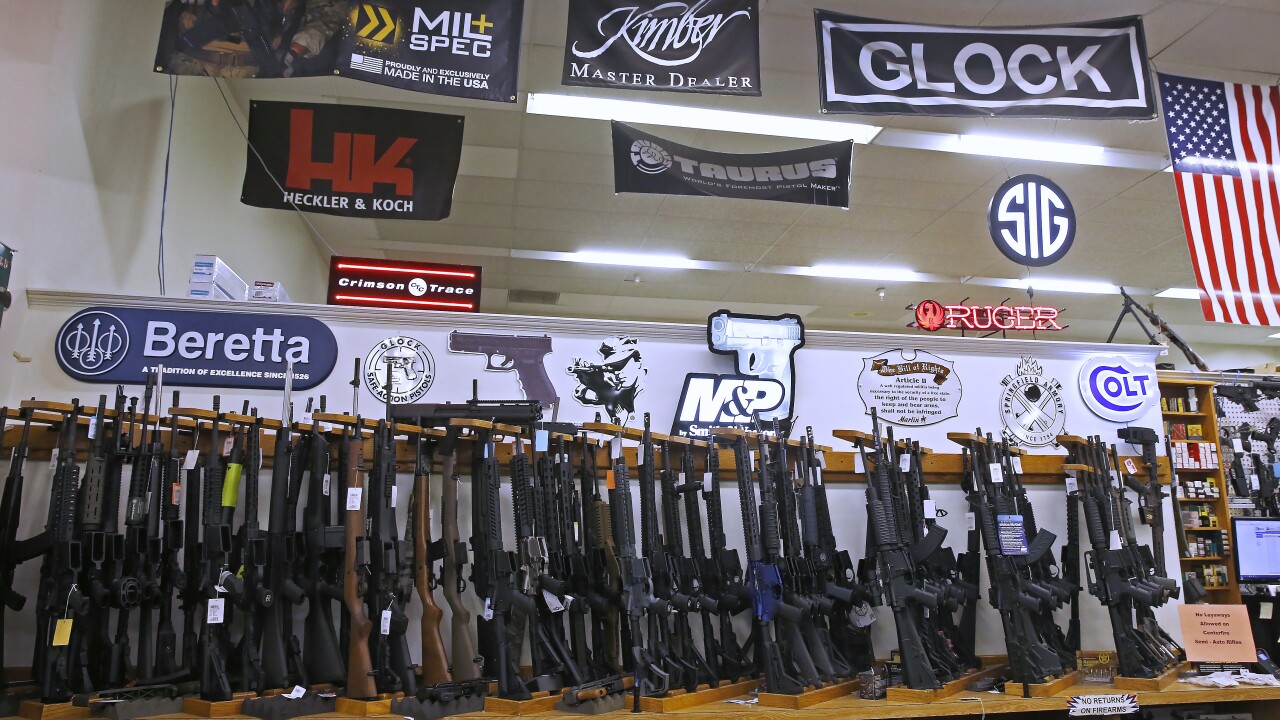
More than three weeks have passed since
This guidance does not mention alleged violations of insurance law by the NRA's (and many other non-gun rights groups') affiliate programs that served as the nominal justification for Vullo's attack. Instead, the guidance is exclusively concerned with how guns are bad, banks and insurers should abandon Second Amendment advocacy groups to make the world better and that these private institutions are legally obligated to
It appears that the NYDFS believes they are not yet required to do anything with guidance that is still the subject of litigation. That is technically correct. While the Supreme Court found 9 to 0 that the 2nd Circuit failed to properly analyze whether the allegations against Vullo could give rise to a constitutional violation, because of the posture of the case, it did not need to draw specific lines. Rather, it was sufficient to simply say that wherever the line may be, the allegations, if true, would be over it.
Nonetheless, the NYDFS' continuing, legally dubious policy of targeting advocacy groups for their speech is quite brazen, if not morally bankrupt. Nor is it a defense to argue that while its former leader may have been motivated by naked animus toward the NRA and other groups, the current NYDFS is solely concerned with the stability of financial institutions.
First, the idea that doing business with gun rights groups would risk the failure of a financial institution is highly implausible. The NYDFS has presented no such evidence, and the burden of proof that this view is based on more than their own preferences should rest with them. Given that past misbehavior by banks and insurers directed at their own consumers — such as
Mastercard, Visa and American Express are reportedly preparing to add merchant codes to identify firearm purchases, forcing the networks to straddle a hot-button issue in an election year.
Second, as my co-author and I
As the Court noted in ruling against Vullo, intermediaries like banks are less likely to resist this kind of regulatory pressure because the customer relationship isn't worth the extra risk. While the NYDFS is not entitled to a presumption of neutrality in this case, it wouldn't matter if the regulator was neutral toward the clients in question. The dynamic gives culture warriors an incentive to "work the refs" and convince the regulators to put a thumb on the scale.
While the NRA's case has been remanded back to the 2nd Circuit for further proceedings, nothing stops another Second Amendment group from bringing a new suit directly over the guidance documents. Such a suit would come with risk to be sure, but it would provide a clean case to assess the constitutionality of regulatory coercion aimed directly at speech without waiting for the NRA case.
As the Court found, the use of essential intermediaries like banks and insurers to accomplish directly what regulators are not allowed to do themselves is unacceptable. It is a shame that the NYDFS is being obstinate. One hopes they will see the light, but if they will not do so willingly, they should be forced to by the courts.






